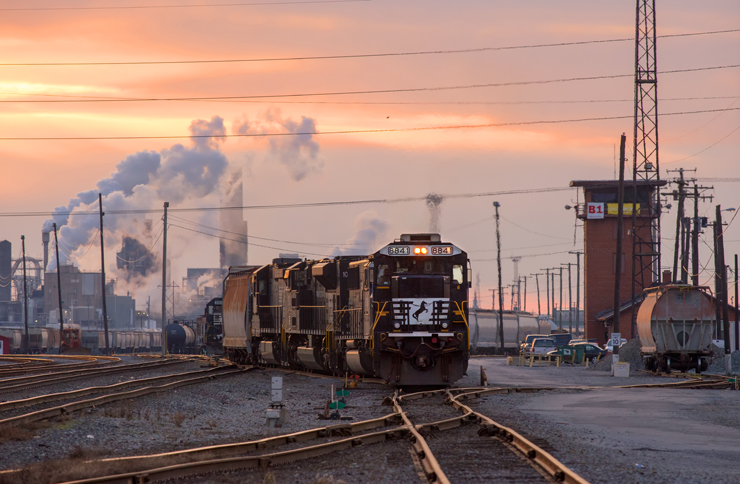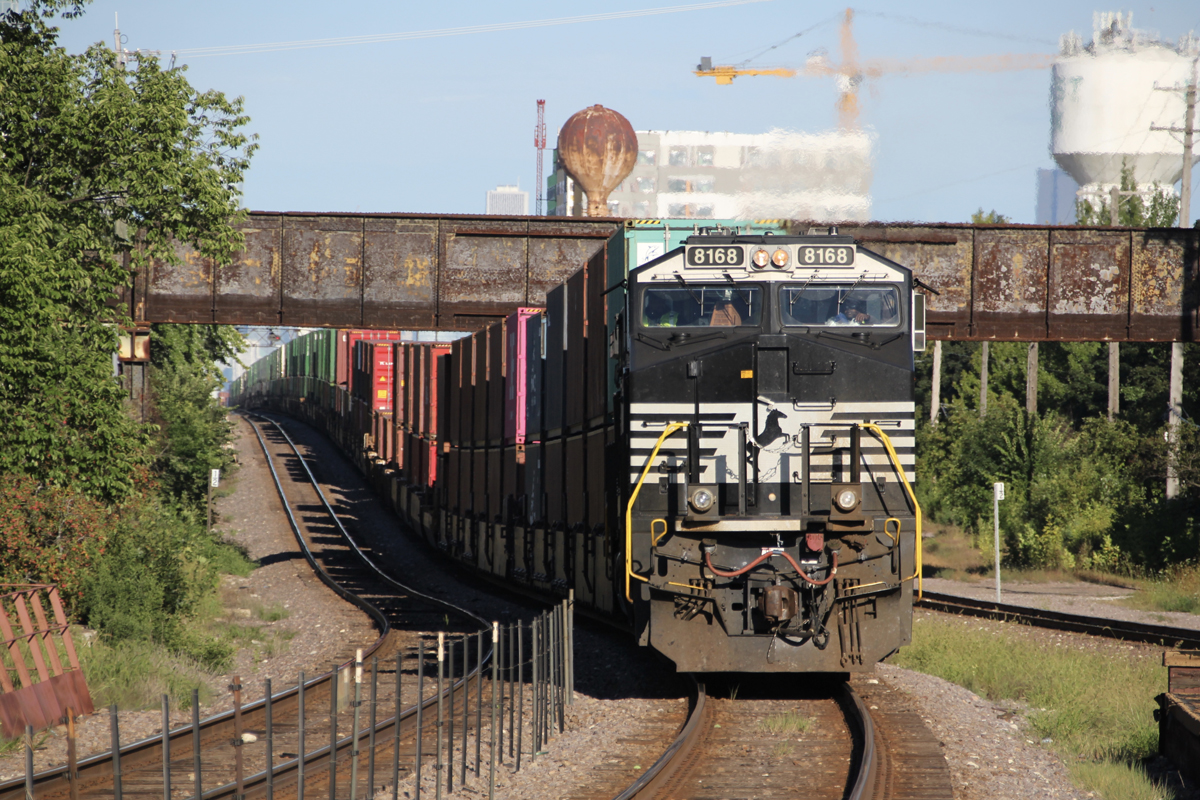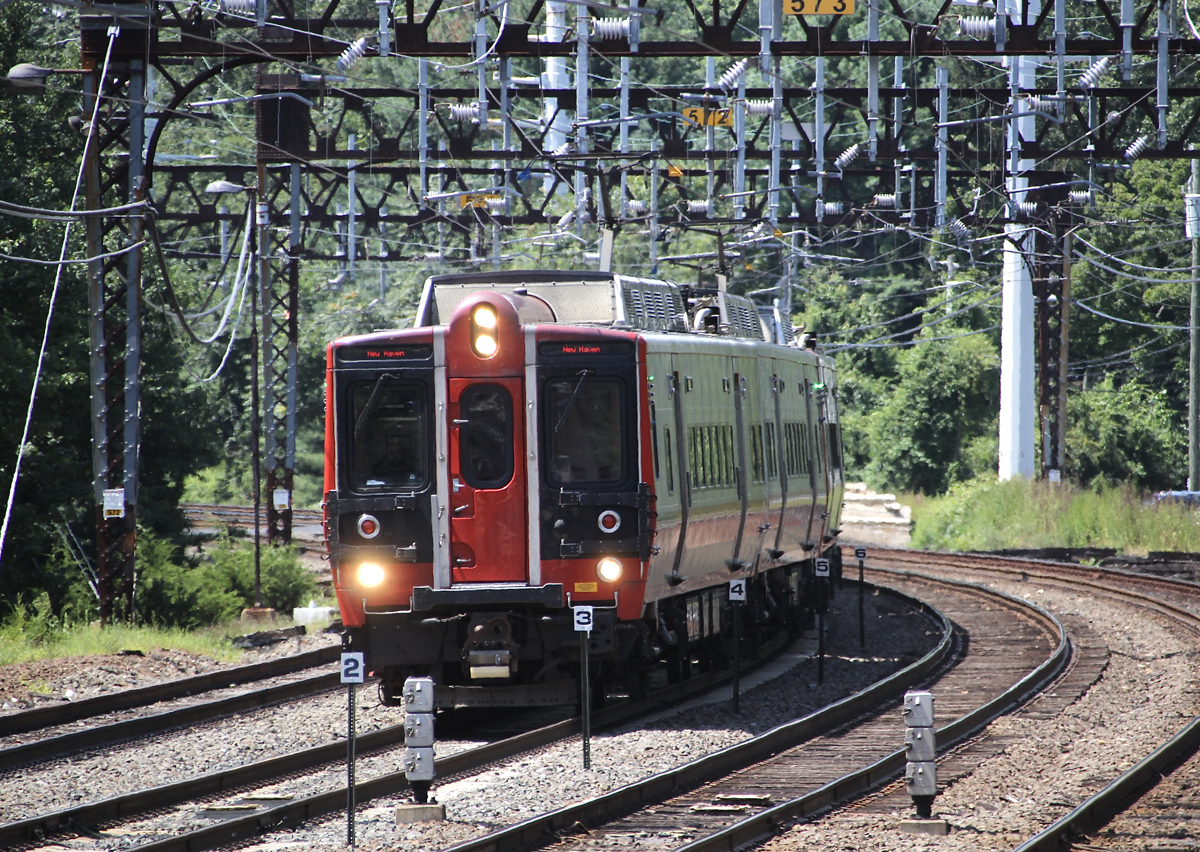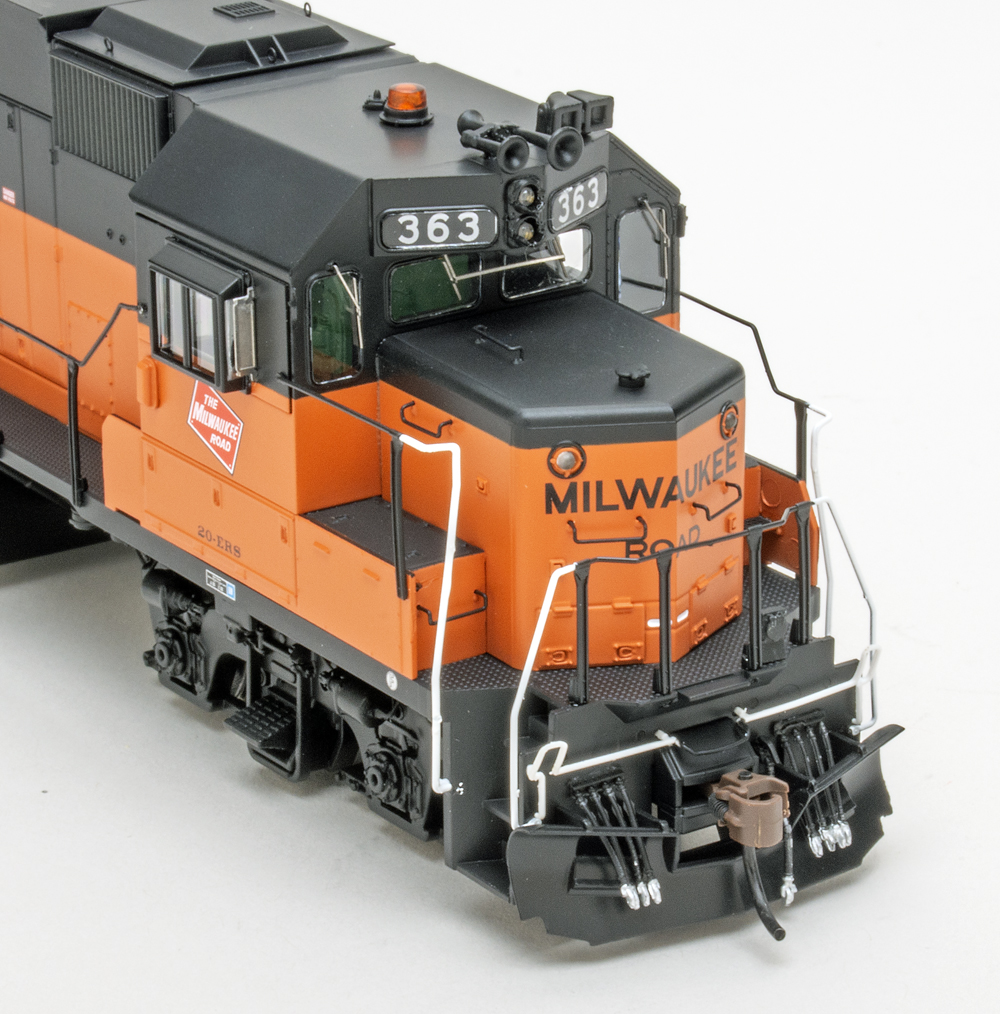WASHINGTON – Shippers are not exactly jumping for joy over Class I railroads’ shift to Precision Scheduled Railroading operating models.
Instead, those who have written to federal regulators are hopping mad over increased use of demurrage and accessorial charges. Shippers say the charges are unfair, involved changes that were made too quickly, and are a hassle to overturn when they are a result of frequent railroad service failures.
CSX Transportation, the first U.S. Class I to adopt Precision Scheduled Railroading, began strictly enforcing its demurrage and accessorial charges under then-CEO E. Hunter Harrison in 2017. Like CSX, Norfolk Southern and Union Pacific have also raised the charges levied on shippers who don’t load or unload freight cars quickly enough.
Railroad executives have said that the charges are designed to encourage shippers to turn freight cars more quickly, which reduces the number of cars needed and helps make rail networks more fluid. This, in turn, can make service more reliable.
CSX, NS, and UP all told federal regulators that their service has improved since implementing PSR-based operating models. Each railroad pointed to improvements in terminal dwell, average train speed, and the number of cars online.
But shippers, in filings this week that outlined testimony they plan to give at a May 22-23 Surface Transportation Board oversight hearing, said they have not seen service improvements or better freight car utilization since the railroads adopted PSR. The number of shippers who want to testify led the STB to expand the hearing from one day to two. [See “Shippers line up to testify on railroad demurrage charges,” Trains News Wire, May 6, 2019.]
“The implementation of PSR across many of the Class Is has led to significant operational problems for U.S. manufacturers and exposure to unavoidable charges,” Jeanne Sebring, a consultant for International Paper, wrote to the board. “Rail transportation is truly fundamental to the manufacturing economy in the United States, particularly the industrial segment. The movement to drive lower operating ratios and implementation of fees has become cumbersome and expensive for all manufacturers, which will continue to impact the broader economy unless addressed. We expect to pay for the value proposition for services we receive at a reasonable cost.”
Several shippers wrote that it’s impossible to avoid demurrage charges when railroads deliver cars in bunches on the same day.
Chemical manufacturer Dow, for example, noted that it shipped nine cars in four shipments of one to four cars over a six-day span to its NS-served facility in Kankakee, Ill. The goal was to match the pace of deliveries with the plant’s capacity. But NS delivered all nine cars on the same day, triggering a congestion charge.
In other cases, shippers say such bunching of cars makes it impossible to load or unload them quickly enough to avoid demurrage charges when car free time has been reduced to 24 hours from 48.
Railroads argue that shippers can take steps to limit charges.
“Customers can make decisions to decrease their demurrage charges by configuring their facilities to increase track capacity, improving loading or unloading times, or operating seven days a week,” Derek Taylor, vice president of CN’s Southern Region, wrote to the STB.
Steelmaker ArcelorMittal USA said its main concern with the railroads’ new policies was that it’s impossible for shippers to adapt given the layout of their plant trackage. Longer trains of up to 130 cars exceed plants’ capabilities to receive, build, and ship unit trains within free time periods.
“Our current facilities, including interchange tracks and other intra-plant track infrastructure, were not designed to handle these new, longer train lengths,” wrote Pete Georgeon, a ArcelorMittal general manager who handles logistics for the steelmaker.
Dow’s Jeff Baker said shippers can’t adjust their operations as quickly as railroads would like. “Railroads have made significant changes to their storage and accessorial rules under the guise of promoting efficiency,” he wrote to the STB. “But the railroads made many of these changes faster than Dow could make the operating adjustments the railroads desire.”
It’s also not practical for shippers to summon workers to load or unload freight cars at a moment’s notice, says Ross Corthell of Packaging Corporation of America. He cited an example of a local that showed up at a PCA mill anywhere between 12:21 a.m. and 11:53 p.m. over a one-month period.
“The railroad in this example gives itself a nearly 24-hour window in which to switch the facility and expects PCA to continually adjust its workforce to be available to unload whenever the cars show up,” he wrote to the STB.
International Paper, the industry’s largest boxcar customer, has seen its demurrage charges double to $7 million when comparing the first quarter of 2019 to the pre-PSR first quarter of 2017.
Last year the paper company was able to successfully dispute $2 million in fees — but had to assign two people to the job on a nearly full-time basis, consultant Sebring wrote.
Reduced switch frequency on some railroads has led to last-mile service problems, she wrote, and the use of longer trains has created higher stakes when failures occur, leading to more erratic transit times. Local service yard changes also have increased the likelihood of service failures, she wrote.
The service variability, she wrote, “impacts how and when we can turn cars when they do not arrive as expected.”
Agricultural shipper ADM said it wasn’t opposed to the PSR principles of offering improved and more efficient service at lower cost.
“However, we have serious concerns that in practice, a significant component of PSR has been increased freight rates and new and increased accessorial and demurrage charges that lack reciprocity,” Christopher Boerm, president of ADM’s North American grain and transportation, wrote.
CSX lawyers John Patelli and Jason Marques told the STB that the railroad help a workshop last month that gave shippers the opportunity to learn more about the ShipCSX online platform, including “pipeline management, planning and originating shipments, inventory management, and invoice and dispute management.”
Shippers are comfortable with the changes CSX made over the past two years, they wrote, and have complimented CSX’s service.
Kenny Rocker, UP’s executive vice president of marketing and sales, told the board that the railroad hopes the increase in its demurrage revenue is temporary and that shippers will modify their loading and unloading practices.
He also says UP issues credits when the railroad experiences service failures. “Our intent is not to assess any demurrage or accessorial charges that are a result of UP-caused service delays or items that are outside the customers’ control, like weather, plant outages, and embargos,” Rocker wrote.
NS, in an unsigned letter to the board, noted that it has increased local service frequency by more than quadrupling the number of customers switched more than five days per week. The railroad also offers shippers credits when it fails to meet its original estimated arrival times.















Wasn’t a lot of the near demise of private freight railroads before Staggers due to the belief that railroads existed to run trains rather than to serve customers? That sounds like PSR to me. If they are going to stave off deregulation, they better start listening to their customers. Holding “workshops” will not placate customers who are being dinged because the railroad delivers too many cars for customers to unload before charges kick in.
…And the Grammy goes to CSX for “Send in the Clowns.”
I meant re-regulation
you won’t find a single shipper happy with psr, the only ones benefiting are the share holders and the over paid ceos , hopefully the Fed will step in and out an end to it
While I favor asset utilization, with truck competition at almost all levels, the rethinking of the strategy maybe necessary. Don’t forget the railroads are not exactly offering crack service no matter of the mantra of PSR. I think the commentary of the industry maybe a lot of fake news to support their new gouging of what remains of their customers.
Know what this sounds a lot like? Banks.
Has anyone noticed the trend toward “zero fee” banking in recent years?
People will get tired of accessory charges VERY quickly.
Customers don’t care about carrier equipment investment and utilization, they also don’t care about the carriers time necessary to provide service – customers want to delay any carrier – rail or highway – all carrier employees are governed by Hours of Service regulations which the customer’s delays eat up.
Customer have always viewed accessorial charges as something they don’t need to pay, no matter the amount and will cry and whine about them at the drop of a hat.
I am not saying carrier service is beyond complaint. Enforcing Accessorial charges is long overdue.
Customer service????? PSR doesn’t consider the impact on customers…….even though they pay the bills. Harrison didn’t care about customers.